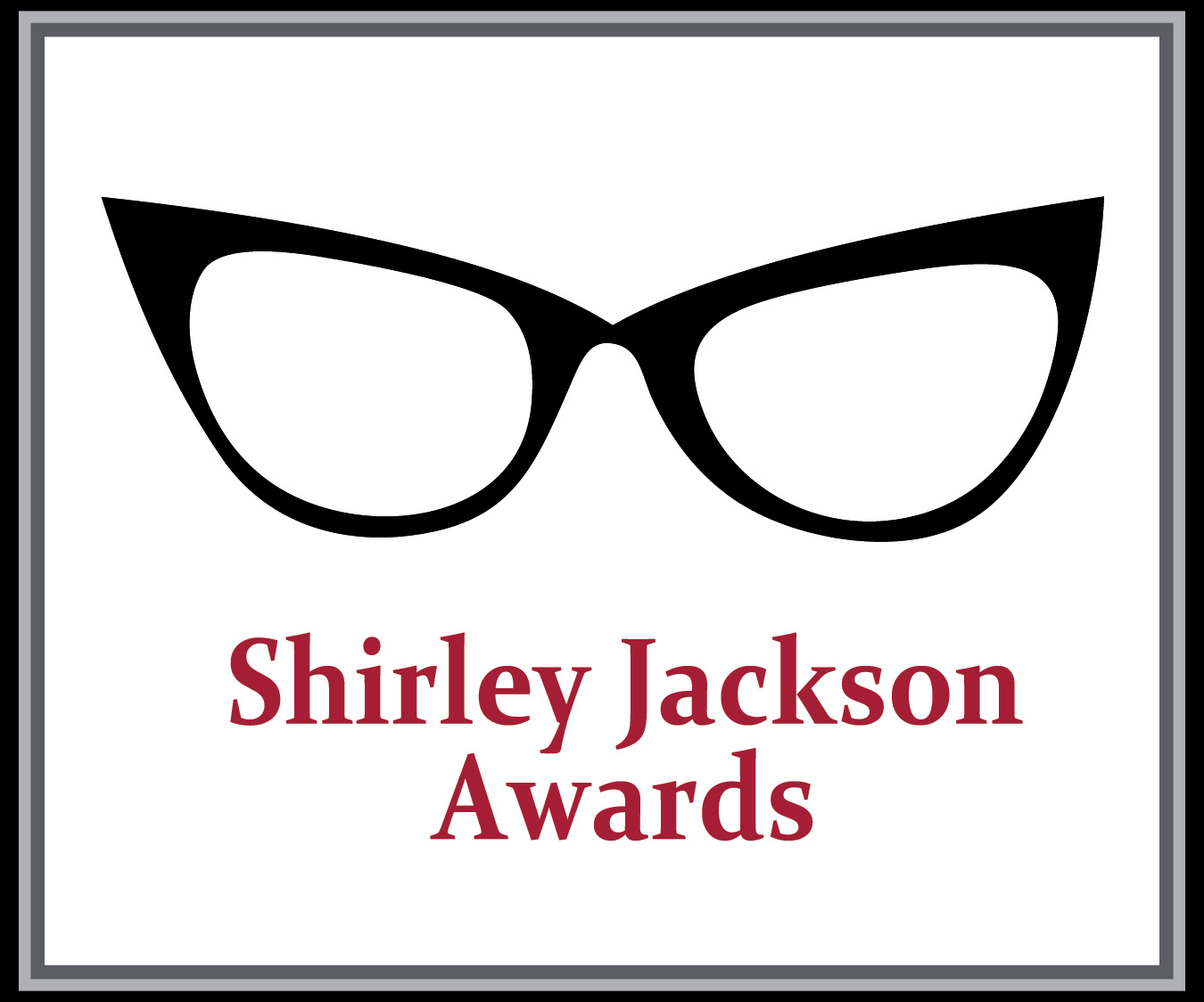Nina Allan’s novella “The Gateway” is a 2013 Shirley Jackson Awards nominee.
Charles Tan: What research did you have to do for “The Gateway?”
Nina Allan: Not too much, to be honest. German language and literature have been close to my heart for many years, and I have long been interested in the civilian experience in Germany during WW2. I’ve never been to the Baltic coast, so I did do quite a bit of map-reading – an aspect of research that is always important to me in any case – to get the sense of place right. I had the uncanny and deeply affecting experience of visiting the concentration camp at Mittelbau Dora about six months after completing work on The Gateway, as well as visiting the eastern German towns of Wernigerode and Goslar, where my fictional Gelb brothers grew up and learned their trade. Both places felt oddly familiar to me, even though my only previous experience of them was imagined rather than actual. But I’ve found this is something that often happens to me – a kind of literary déjà vu.
The Gateway came to me in a rush, and from the heart. I was supposed to be writing a story inspired by the decadent Austrian writer Gustav Meyrink, but the narrative wandered off in a different direction. I’ve never been all that great at writing to brief!
Charles Tan: How did you come up with the history of the Gelb Brothers?
Nina Allan: I was reading a lot about the life and music of the German organist and composer Julius Reubke, who before his death at the age of 24 wrote one of the most difficult and innovative sonatas in the repertoire. Reubke’s background – he was born into a family of organ makers in the Harz Mountains – fascinated me, and I thought I might write something about someone like him. Somewhere along the way, musical instruments morphed into cabinets of curiosities, and then into the sinister and beautiful Palasten that are the particular speciality of my Gelb brothers. Writing their history was one of my favourite parts of writing the story as a whole. I have a fondness for invented artists, writers and musicians. I find invented biography alluring in general, whether in my own work or in other people’s.
Charles Tan: What struck me with “The Gateway” was the juxtaposition of personal tragedy with cultural tragedy. Were you conscious of these themes initially?
Nina Allan: Very much so. Readers – myself included – will generally find bald statistics difficult to absorb or to respond to. When you read that twenty million Russians, for example, died during the course of WW2, the information is both too bland and too appalling – it slides off our consciousness without being properly assimilated. Writing about individuals or small groups of people can be more involving for the reader and therefore ultimately more effective in conveying larger social, cultural or political actualities. Politics are never an abstraction, and the people most impacted by politics are not generals or warmongers or ideologues but ordinary individuals and families. As a writer, I’m interested in how those individuals and families react to changing circumstances, how they act and react when a safe environment becomes a dangerous one.
A fact too rarely acknowledged in British and American history is the Allied subjugation of Germany after WW1 and the indirect part that played in the rise of Adolf Hitler and his Nazi party. In The Gateway, Andrew’s almost wilful blindness to what is going on in Germany is also a negation of responsibility, something that is later played out at a more personal level when he abandons the Emmerichs and refuses to tell Thomas the truth about what happened to Claudia. Thomas is patient and forgiving, determined to discover the truth about his own family life and the political life of his country.
Story is revealed through character, not through politics. But write the people honestly, and politics of some sort – interpersonal or international – will always turn up sooner or later. No one lives in a vacuum.
